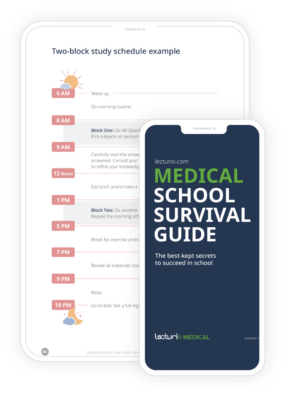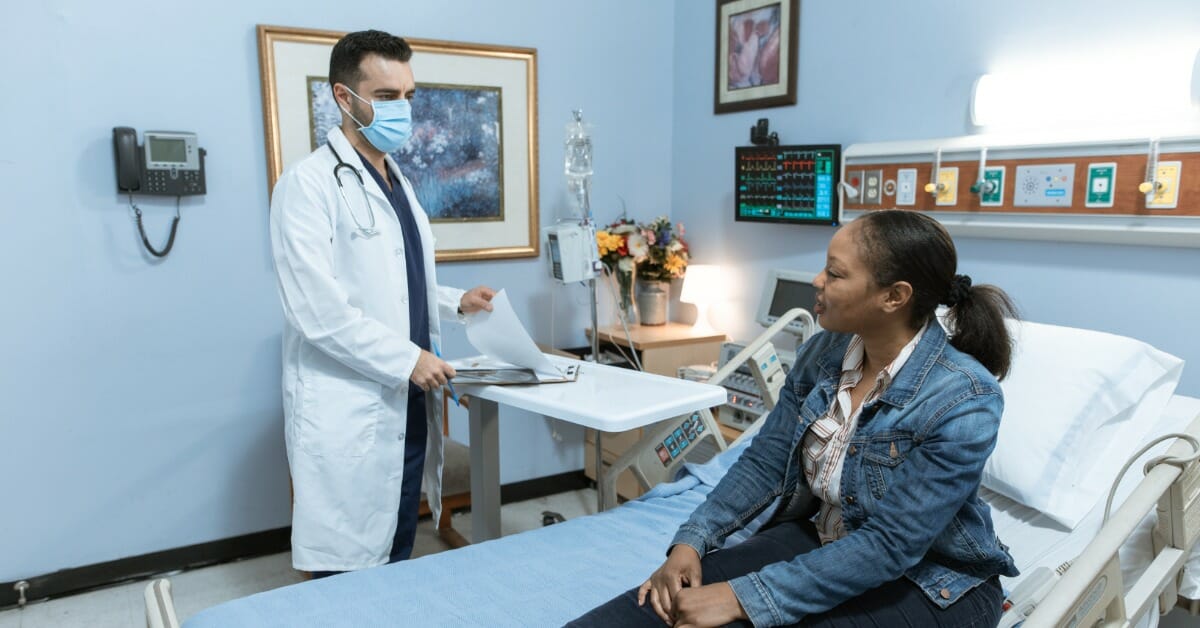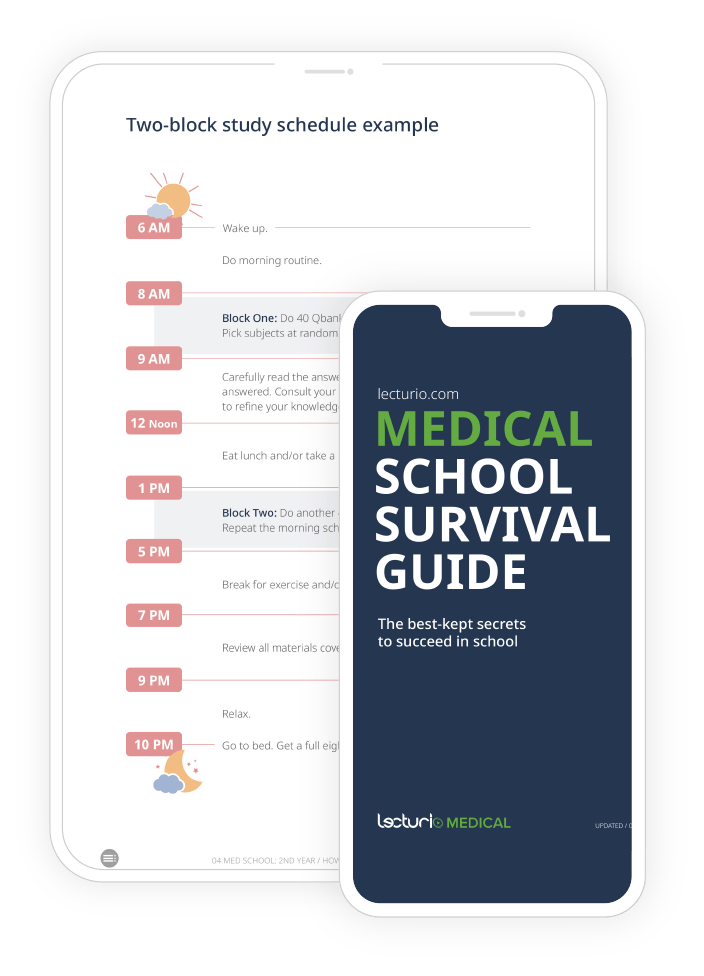After completing your first two years of medical school and passing the USMLE® Step 1, it is finally time to work with actual patients and put your lessons into action. It’s important to make the most of this experience. The top students are those who have access to the information, are organized, and have a plan.
Beyond knowing the medicine, it’s also vital to know how you fit into a hospital team and how you can take advantage of the opportunities that working on this setting brings to your education. In order to be successful as part of your hospital team, you need to understand and respect its hierarchy. Who are the people you’ll be working with?
Attending Physician
The attending physician is the senior most member on the team, and as such should always be treated with the utmost respect. They are teaching the other members of the team and supervising the medical care of all patients taken care of by members of your team. Treating them with respect will also earn you respect in return. You will also want to get to know their preferences for how to present patients. This will help you make yourself an asset on the team.
Fellow
The fellow is the second-in-command, so they will step in for the attending when needed. They will also be a great resource because they are a fully licensed physician, working to earn an additional credential. A fellow has completed their residency and is working to further specialize in their chosen field. The role of each fellow on your team will be different. Take some time to figure out what role each fellow plays on your team.
Senior Resident
Next in the hierarchy is the senior resident. This person is the backbone of the team and does most of the work. The highest ranking resident leads other residents and take care of administrative duties.
Intern
The intern, though, does most of the grunt work. An Intern is a recent medical school graduate with whom you might be working a lot with during your rotations. They may also be rotating through different specialities while completing their intern year. The intern is next on the hierarchy and will be in the role you will have soon enough. Before that, though, you will be a fourth-year med student.
Fourth-year Med Student
The fourth-year med student will have the clearest memories of the demands placed on you, and would be a great person to look to for advice, especially as you are new on the team. They are more likely to be sympathetic to the challenges you will face, as they were most recently in your position.
Third-year Med Student
As a third-year med student, your three main tasks will be to co-carry a few patients with the intern, present those patients to the attending physician, and give presentations to the team on designated topics. Beyond those presentations to the team, you should generally strive to be an actively engaged member of the team. The attending, fellow, and others on your team want to see you are hungry to learn and eager to contribute.
Before you meet your team, you can also send an introductory email to the point-person on your team. Remember first impressions can last, so make a good one. Be professional and kind and show that you’re ready to work.
Follow the team’s lead on routines such as when they take lunch breaks, when they write notes, and when they take the time to bond. You can also ask how you can help during your work breaks. During these and any meetings, make sure you stay professional. Any unprofessional conduct will appear as a note on your transcript. Identify boundaries set by your team to show you can be a team player and a valuable colleague.
The best way to leave a good and lasting impression on your hospital team is to always show up ready to learn and connect. The experience you will have in your hospital will ultimately depend on what you are willing to put into your time there.





